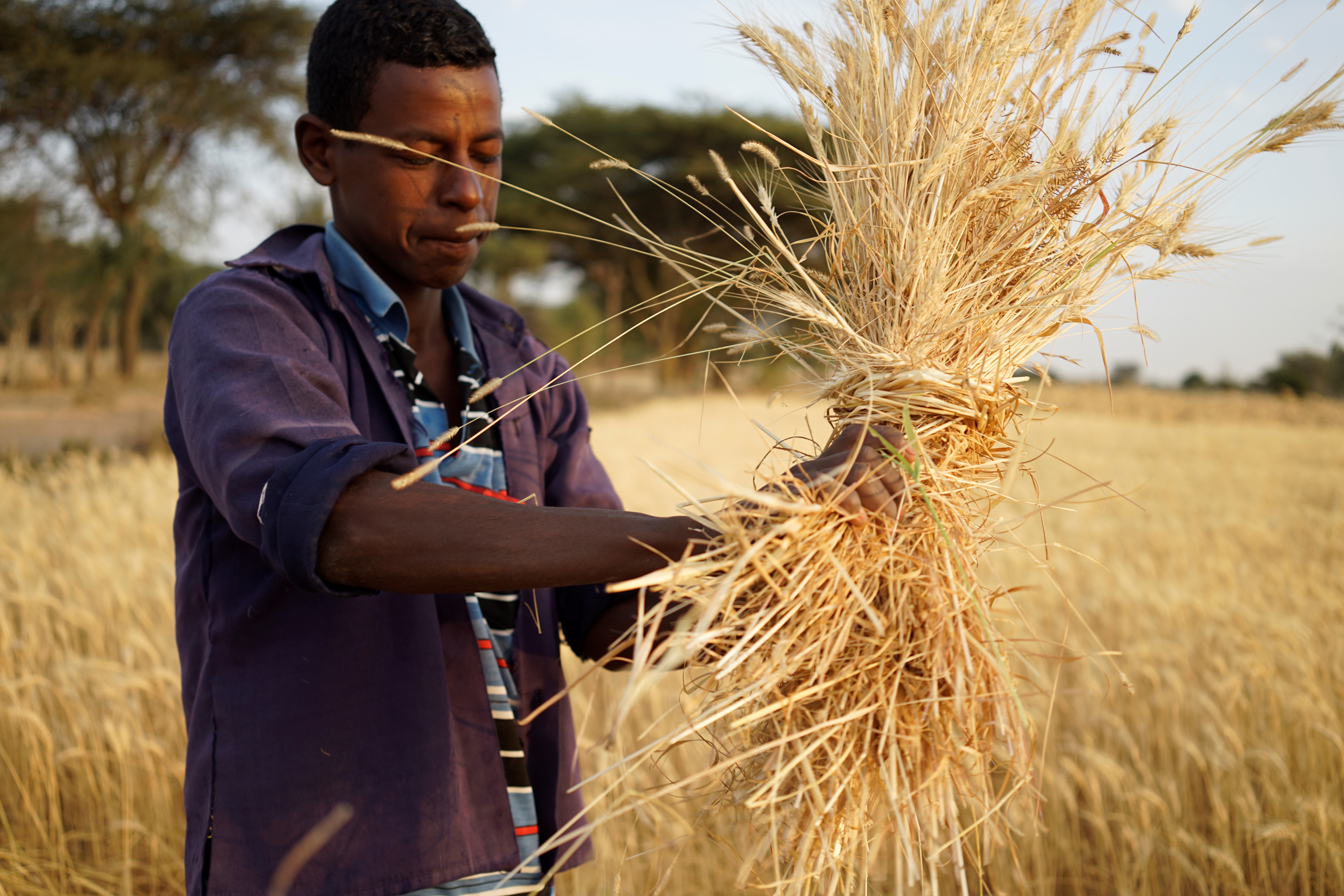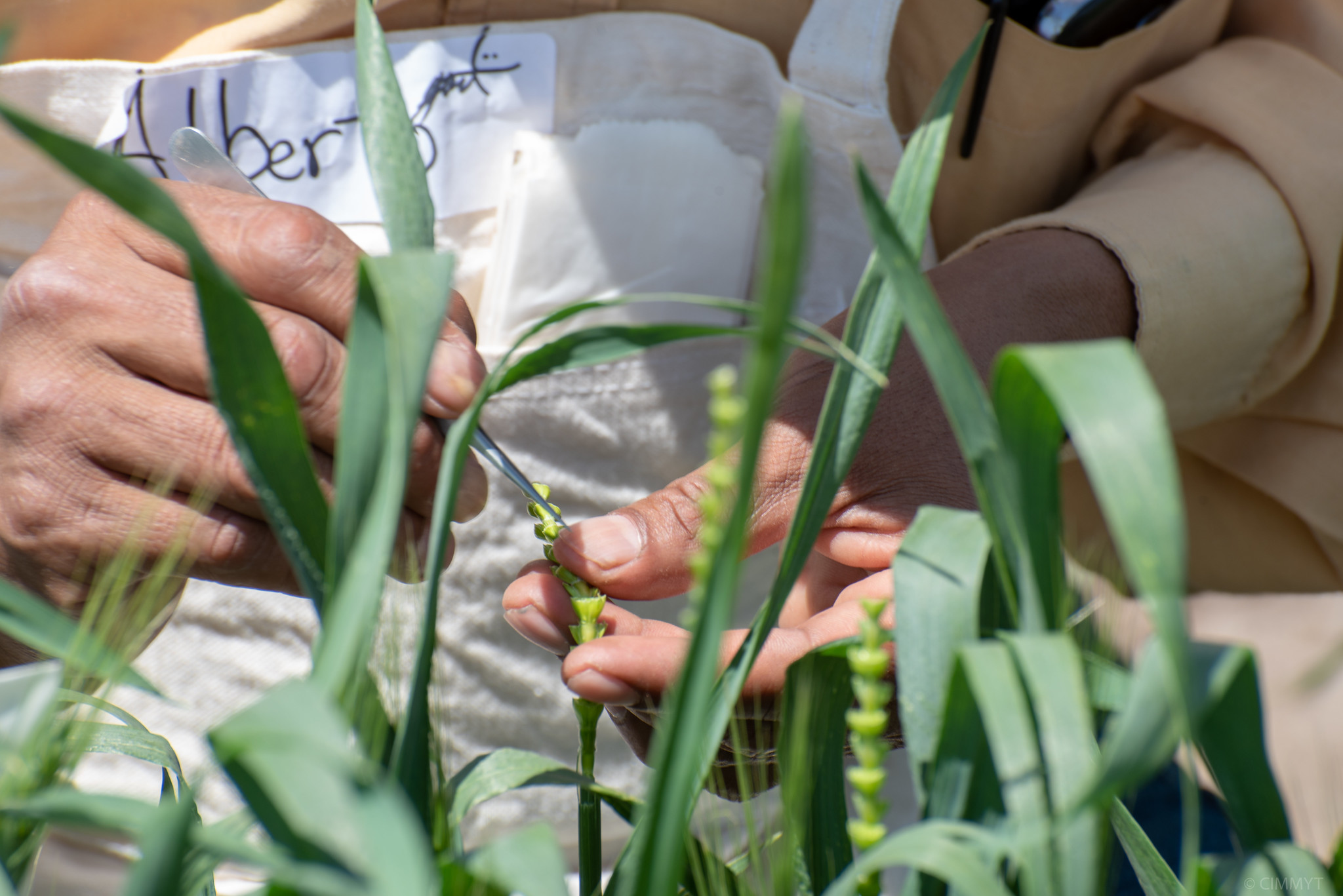Dave Hodson, International Maize and Wheat Improvement Center (CIMMYT) senior scientist delivered a large-scale overview of the current global wheat rust situation and the state of disease surveillance systems. He underscored the importance of comprehensive early warning systems and promising new detection tools that help to raise awareness and improve control. A new assessment of the early warning system for rust In Ethiopia showed a real impact on farmers’ interest, awareness, and farming practices to control the disease, as well as high-level policy changes.
Alison Bentley, CIMMYT Global Wheat Program director, described cutting-edge tools and methods by CIMMYT and, in particular, the Accelerating Genetic Gains in Maize and Wheat for Improved Livelihoods (AGG) project to increase wheat productivity in the face of changing climates. In addition to the new approaches on the supply side, she argued, we also need increased research on the demand side to better understand why farmers will choose a new variety, the role of markets and gender, and how we can scale up these systems. Bentley emphasized the criticality of supporting public and private sector efforts to get more improved germplasm into farmers’ fields in less time.
Philomin Juliana, CIMMYT Global Wheat Program associate scientist highlighted the pivotal role that data plays in breeding decisions and line advancements in CIMMYT’s wheat breeding program. This has been facilitated by improvements in how data sets, like genomic estimated breeding values (GEBVs), are shared with breeders. “CIMMYT has adopted a holistic, data-driven selection approach” that leverages phenotypic data, genomic-estimated breeding values (GEBVs) and selection indices, Juliana explained.

 Nutrition, health and food security
Nutrition, health and food security 
